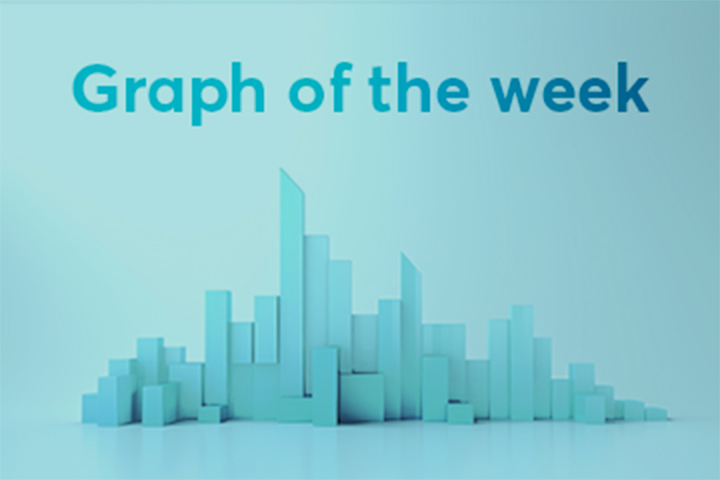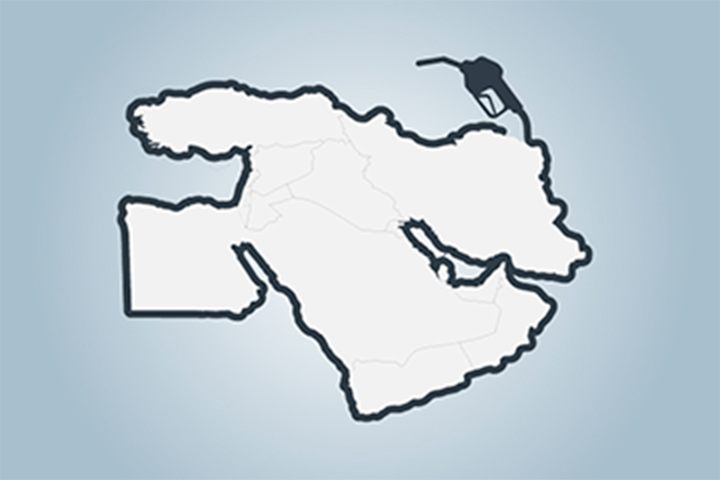This is what the tax authorities know about your money

Keytrade Bank
keytradebank.be
April 26, 2022
(updated August 29, 2022)
4 minutes to read
What do the tax authorities know about the money you hold in Belgian banks and insurance companies?
The tax authorities now know how much money there is in your accounts in Belgium. Financial institutions located in our country had to report their customers’ account balances for 2020 and 2021, by 31 January 2022 at the latest.
This data is shared with the central reporting centre of the National Bank of Belgium. Banks and insurers have been obliged for several years to share the numbers of your accounts and insurance products with this reporting centre. This applies both to accounts that already existed on 1 January 2010, plus all accounts that have been opened since then.
Now they also have to report the balances on these accounts to the central reporting centre by 31 January. They also have to share how much you have borrowed, as well as the capital sum of your life insurance, if any.
From now on, reporting is required twice a year. The accounts in which your shares, bonds, investment funds, trackers and other investment products are held are not covered by this rule. Banks do not have to share the transactions on your accounts either: only the account balances.
Nor does it mean that the tax authorities can browse freely through the register of account codes and balances. In order to see them, there must be a suspicion of fraud. Since the summer of 2020, the Federal Public Service for Justice, and notaries and bailiffs can also gain access to the central register to see the banks or insurance companies where you are a customer. This can only be done under strict conditions, and any request for access must be properly justified. For example, a notary can only request access if this is required for the declaration of an inheritance.
There is another way in which the tax authorities can find out about your assets. If you have savings, investment funds, trackers, listed shares, etc. in Belgium, your bank will deduct withholding tax (tax) on the income you receive from these products. This withholding tax is then transferred to the tax authorities. For example, this is the case if you as a taxpayer receive more than EUR 980 in interest on a savings account. Or if you receive dividends for over 800 euros on your shares. For example, if your bank transfers EUR 18 withholding tax on the income from your savings account, the tax authorities may deduce that you have EUR 1,000,000 in this savings account (at an interest rate of 0.11%).
Remember that you also need to actively inform the tax authorities yourself. For example, you need to do this if you receive more than EUR 980 in interest spread across several savings accounts, whether abroad or not. This also applies, for example, to dividends you receive in a foreign custody account. Here the amount is EUR 800.
What does the taxman know about your money abroad?
The short answer: pretty much everything.
Since 2017, Belgium and more than 100 other countries have been exchanging information on accounts held by foreigners. If you, as a tax resident in Belgium (or as a legal entity, beneficiary or account holder), have an account in the Netherlands, France, Luxembourg, Switzerland, the Cayman Islands or Panama, the Belgian tax authorities know not only that you have this account, but also exactly how much is in it.
Through this multinational collaboration - Common Reporting Standards (CRS) - the Belgian tax authorities receive information every year about the balance on foreign accounts and about the income paid (interest, dividends, etc.). What’s more, this does not just cover savings, current and securities accounts, but also products such as life insurance.
While the Belgian tax authorities have to actively request how much money is in your accounts in Belgium if they suspect fraud, they receive the information from abroad by default, even if there is no suspicion of fraud.
Please note that even if the Belgian tax authorities already know exactly how much money is in your accounts abroad (unless you have a savings account in, for example, North Korea or Venezuela), you still have a duty to declare it if you are tax resident in Belgium. Even though the Belgian tax authorities receive all the information from abroad, you still need to declare what your tax return asks for. For example, if you receive more than EUR 980 in interest abroad on one or more savings accounts, or EUR 800 coming from dividends from shares.


